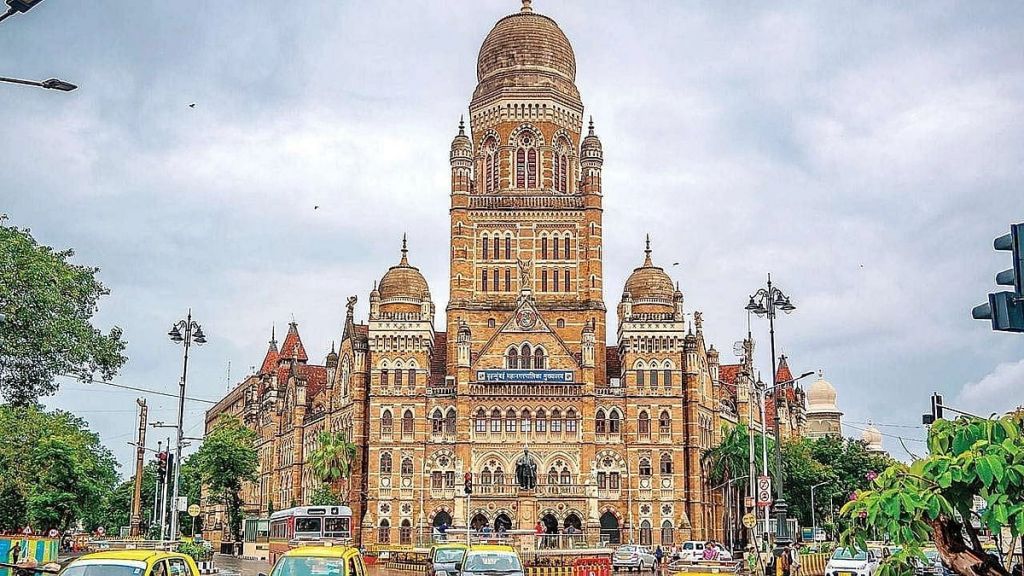
Mumbai: The BMC's survey to assess commercial units in slum areas aims to bring more of these establishments into the tax net, potentially generating around Rs 350 crores in additional revenue. However, Municipal Commissioner Bhushan Gagrani has clarified that registering these units for tax purposes does not imply their legality.
Mumbai has around 2.5 lakh slums, and at least 20% of these, equating to around 50,000 slums, are being used for commercial purposes, such as small and large industries, shops, godowns, hotels, etc.
As the BMC provides infrastructure facilities to these establishments, it is necessary to recover property taxes by assessing these commercial units. Additionally, the revenue generated will help provide better services and infrastructure to slum dwellers, as outlined in the budget.
Water usage in commercial properties within slum areas will also be charged at commercial rates. However, there has been growing concern among citizens that the imposition of taxes might be interpreted as an official recognition of these illegal structures. To address these concerns, the BMC administration has clarified, citing Section 152(A) of the Mumbai Municipal Corporation Act, 1888.
This provision clearly states that if any building or part of a building is constructed or reconstructed illegally, and taxes or penalties are levied by the administration, it does not imply that the construction or reconstruction has been legalised or regulated.
Similarly, even if taxes are being levied on these commercial establishments, it does not grant them any legal or regulatory status, said BMC's statement.